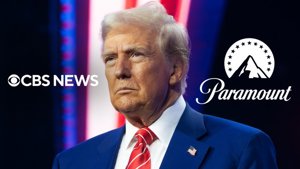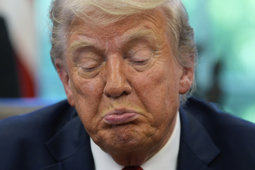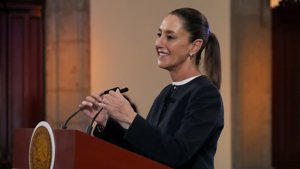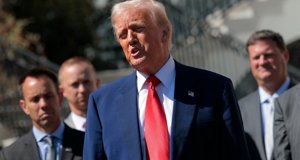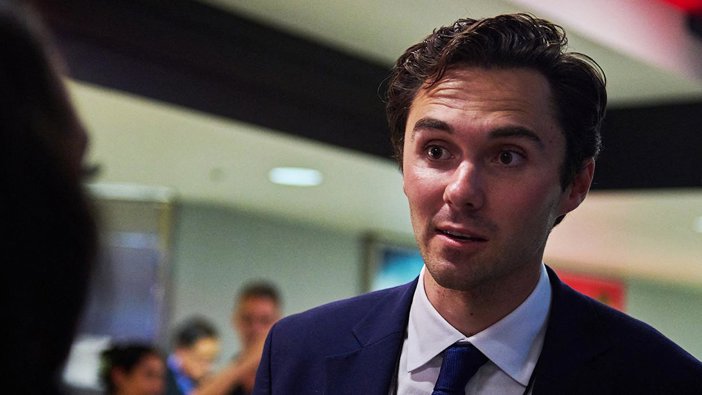
Shasti Conrad Wins DNC Vice Chair Amid Party Turmoil
Shasti Conrad wins DNC vice chair after months of controversy, as party faces union exits and funding questions.
Democratic National Committee Concludes Turbulent Leadership Election
The Democratic National Committee (DNC) elected Washington State Democratic Party Chair Shasti Conrad as its new vice chair on Friday, closing a prolonged and contentious chapter in party leadership. The move comes after months of internal conflict fueled by the controversial tenure and subsequent exit of progressive activist David Hogg from the DNC’s upper ranks.
Conrad secured the majority in the second voting period for the “any gender” vice chair position, prevailing after initial ballots failed to yield a decisive result. Jeanna Repass was eliminated in the first round. The vacancy was created after Hogg, a prominent young progressive, resigned following a vote to uphold a Credentials Committee resolution calling for a new election. The original Feb. 1 officer elections had seen Hogg and Malcolm Kenyatta win vice chair seats, but the results were challenged on procedural grounds.
In a statement after her victory, Conrad said, “I’m honored to serve as Vice Chair of the Democratic National Committee and am deeply grateful to the members who placed their trust in me. This was the longest election in DNC history, and every vote cast reflected our shared belief in building a stronger, more inclusive Democratic Party.”
Chair Ken Martin welcomed Conrad’s win, calling her a “trailblazer who understands the importance of championing our communities and doing the hard work on the ground to help Democrats win up and down the ballot.” However, the party’s leadership drama has distracted from election preparations and exacerbated underlying rifts among Democrats. Kenyatta himself admitted that internal disputes have taken focus away from the party’s central mission: “We’ve spent a lot of time talking about procedural nonsense within the DNC. I want us to get refocused.”
Union Leaders Depart, Funding Questions Linger
The vice chair election comes at a time of heightened scrutiny for the DNC. This week, two major union leaders—Randi Weingarten of the American Federation of Teachers and Lee Saunders of the American Federation of State, County and Municipal Employees—declined to remain as at-large DNC members, citing growing discomfort with party leadership. In a widely shared letter, Weingarten stated, “I appear to be out of step with the leadership you are forging, and I do not want to be the one who keeps questioning why we are not enlarging our tent.”
Financial concerns also shadow the DNC, with reports that the party considered borrowing money to meet obligations. While the DNC celebrated raising nearly $40 million in four months under Martin’s leadership—citing strong grassroots support—the headlines have focused on the ongoing leadership strife and the damage to party unity. Hogg’s earlier plan to challenge vulnerable Democratic incumbents through his PAC, Leaders We Deserve, had exposed strategic divisions and led to a direct ultimatum from Martin to step away from either his PAC or DNC leadership. Hogg chose to resign, stating, “I’m stepping down so the party can focus on what really matters.”
The internal battles have become public fodder, with leaked audio revealing Martin’s frustration over the fallout and its impact on his ability to lead. “You essentially destroyed any chance I have to show the leadership that I need to,” Martin said in the recording.
Kalyn Free, the activist who filed the original complaint that led to the re-election, stressed her commitment to party ideals and election integrity. “This was about ensuring that the Democratic Party lives up to our ideals as the only political party to believe in and stand up for election integrity and a free and fair democracy.”
As the DNC seeks to move forward, party leaders acknowledge that unity and organizational focus are urgently needed ahead of a pivotal election cycle. For now, Conrad’s election represents both a milestone and a test for a party navigating its own divisions while facing a determined opposition.


